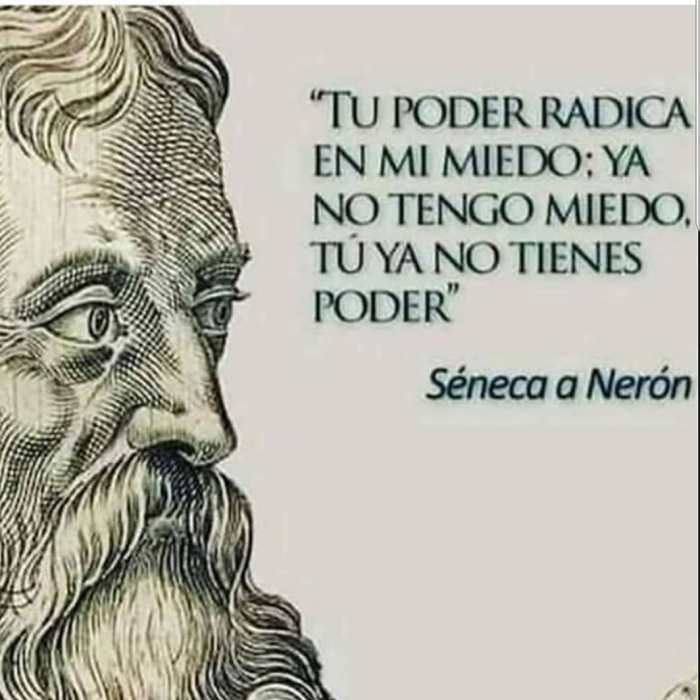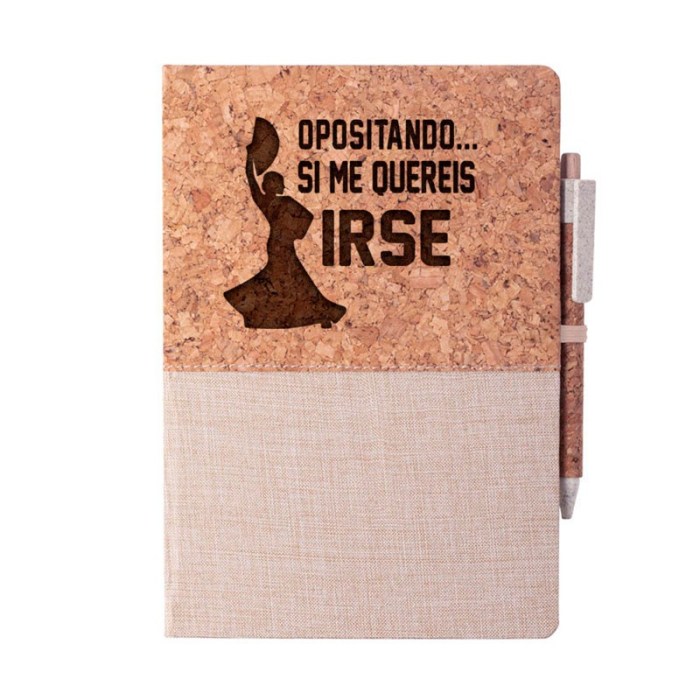¡Tienes tu cuaderno no no! This phrase, seemingly simple at first glance, holds a wealth of cultural significance and linguistic nuances. Join us as we delve into its meaning, usage, and evolution, uncovering the fascinating world of this ubiquitous expression.
In the realm of Spanish-speaking cultures, ¡Tienes tu cuaderno no no! transcends mere words, becoming a cultural touchstone that encapsulates a range of emotions and social interactions.
Definition of “tienes tu cuaderno no no”

Literal Translation
The literal translation of “tienes tu cuaderno no no” is “Do you have your notebook no no?” However, this phrase is not grammatically correct in Spanish. The correct phrase would be “tienes tu cuaderno?” which means “Do you have your notebook?”
Cultural Context, Tienes tu cuaderno no no
In Spanish-speaking cultures, the phrase “tienes tu cuaderno no no?” is not commonly used. It is more likely to be used as a playful or teasing way to ask someone if they have their notebook. The repetition of “no” adds emphasis to the question and can be interpreted as a way to get someone’s attention or to make them laugh.
Grammatical Structure of the Phrase: Tienes Tu Cuaderno No No

Parts of Speech
The phrase “tienes tu cuaderno no no” consists of the following parts of speech:
- “tienes” is a present tense conjugation of the verb “tener” (to have) in the second person singular (tú).
- “tu” is a possessive pronoun meaning “your.”
- “cuaderno” is a noun meaning “notebook.”
- “no” is an adverb meaning “no.”
Sentence Structure
The phrase “tienes tu cuaderno no no” has a simple sentence structure. It is a negative statement, with the negation expressed by the repetition of “no.”
The sentence can be translated into English as “You do not have your notebook.” or “You don’t have your notebook.”
Cultural Significance of the Phrase

The phrase “tienes tu cuaderno no no” has significant cultural implications in Spanish-speaking communities. It is often used to express surprise, disbelief, or disagreement. The phrase can also be used to convey a sense of humor or irony.In some cultures, the phrase is used to show disapproval or to indicate that something is not acceptable.
For example, a parent might say “tienes tu cuaderno no no” to a child who has not completed their homework. In other cultures, the phrase is used to express sympathy or to show that someone understands what another person is going through.
Tienes tu cuaderno, no? Vamos a repasar un poco de vocabulario. Por cierto, ¿sabías que la tasa de aprobación del examen NYS SBL es del 60%? nys sbl exam pass rate Así que, no te preocupes demasiado, ¡con un poco de práctica, seguro que lo apruebas! Ahora, volviendo a nuestro cuaderno…
For example, a friend might say “tienes tu cuaderno no no” to someone who has lost a loved one.The social and emotional implications of using the phrase “tienes tu cuaderno no no” can vary depending on the context in which it is used.
In some cases, the phrase can be used to express negative emotions such as anger or frustration. In other cases, the phrase can be used to express positive emotions such as sympathy or understanding.Overall, the phrase “tienes tu cuaderno no no” is a versatile phrase that can be used to express a wide range of emotions and meanings.
The phrase is an important part of Spanish-speaking culture and can be used to communicate a variety of messages.
Variations and Related Phrases

The phrase “tienes tu cuaderno no no” has several variations and related phrases that convey similar meanings or are used in similar contexts. These include:
Variations
- ¿Tienes tu cuaderno?(Do you have your notebook?) – A more polite and formal way of asking for someone’s notebook.
- ¿Dónde está tu cuaderno?(Where is your notebook?) – Asks for the location of someone’s notebook.
- Necesito tu cuaderno(I need your notebook) – Expresses a need for someone’s notebook.
- Préstame tu cuaderno(Lend me your notebook) – Asks to borrow someone’s notebook.
Related Phrases
Phrases with similar meanings or usage to “tienes tu cuaderno no no” include:
- ¿Tienes algo para escribir?(Do you have something to write with?) – Asks if someone has any writing materials, including a notebook.
- ¿Puedes tomar notas?(Can you take notes?) – Asks someone to take notes, implying that they need a notebook.
- ¿Dónde puedo encontrar un cuaderno?(Where can I find a notebook?) – Asks for the location of a notebook.
Historical Evolution of the Phrase

The phrase “tienes tu cuaderno no no” has a rich historical evolution, with its roots in the Spanish language. Its origins can be traced back to the 16th century, when it was commonly used as an expression of surprise or disbelief.
Over time, the phrase has undergone a gradual shift in meaning and usage. In the 19th century, it began to be used more frequently as a playful way to tease or mock someone. By the 20th century, it had become a common expression used to express a sense of frustration or exasperation.
Modern Usage
In modern Spanish, the phrase “tienes tu cuaderno no no” is still widely used, although its meaning has become somewhat more nuanced. It is now often used as a way to express a range of emotions, from mild annoyance to complete exasperation.
The phrase can also be used to indicate that someone is being deliberately obtuse or difficult.
Essential Questionnaire
What is the literal translation of ¡Tienes tu cuaderno no no!?
You have your notebook no no!
In what cultural contexts is the phrase commonly used?
The phrase is commonly used in Spanish-speaking cultures, particularly in informal settings.
What are some common variations of the phrase?
¡Tienes tu libreta no no!, ¡Trae tu cuaderno no no!